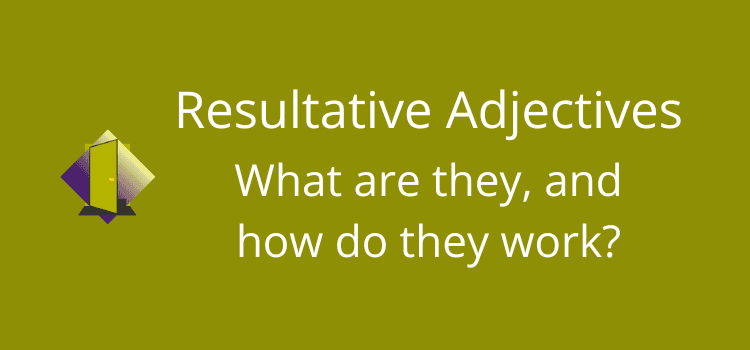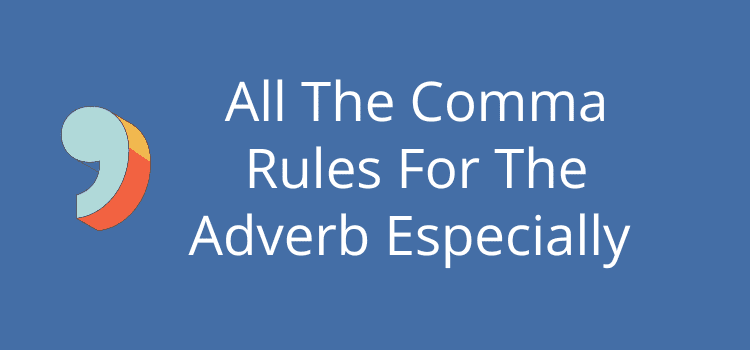
There’s no doubt that being positive in your writing always helps you communicate better with your readers. Who wants to read bad news?
All it takes is a few simple grammar or vocabulary changes, and it’s an easy habit to adopt.
When we speak, we can use negative sentences with facial expressions that indicate a positive tone.
But in writing, you only have your words to convey a sentiment.
Tips for crafting positive writing
Is the glass half empty or half full?
The expression is a simple example of a negative and positive choice.
When you analyze or edit your writing, look for phrases, words, and expressions that carry a negative tone.
The obvious candidates are negating verbs such as can’t, don’t, doesn’t, hasn’t, wouldn’t, or couldn’t.
If you say a movie wasn’t bad at all, you could just as easily say the movie was pretty good.
Words, too, can have negative or positive variations.
While curious is positive, nosy has a negative tone.
To shift from negative to positive, it’s often a simple matter of changing one word or editing out a negative verb.
It’s an easy edit to do and can make a much better impression on your reader.
Let’s take a look at some examples to help you change the tone of your writing.
Change a negative verb to a positive

Whenever you see a negative verb, think about ways to rewrite a sentence in a positive form.
I can’t think of a way to change this sentence.
I’m hoping I can find a way to change this sentence.
Some writers don’t take the time to edit and proofread.
Most writers take the time to edit and proofread.
He won’t be able to finish the article today.
He will finish the article tomorrow.
I wouldn’t buy a Porsche if I were you.
If I were you, I would buy any other car than a Porsche.
I haven’t had a pizza for ages.
It’s been a long time since I had a pizza.
Don’t forget to proofread before you publish anything.
Remember to proofread before you publish anything.
You can edit almost any sentence with a negative verb to create a more positive tone. You can change to the positive verb form or a change of verb, such as replacing forget with remember.
But in some instances, you can only reduce the negativity.
Jim doesn’t listen to a word I say.
Jim seldom listens to a word I say.
I never have time to write my book.
I rarely have the time to finish my book.
He said he didn’t steal the car.
He denied stealing the car.
When checking for negative verb forms becomes a habit, you will find out how easy it is to edit to a more positive form.
Positive negatives
There are a few expressions where a negative verb can take a positive meaning.
I don’t mind. (It’s okay for me.)
It doesn’t bother me at all. (I have no problem with it.)
I don’t care. (I’m happy with either possibility.)
It’s more likely for US English to use I don’t care, while I don’t mind is more common in British English.
Use positive vocabulary

Many negative words have positive alternatives, and a thesaurus is a great tool to help you find them quickly.
Here are a few classic word pairs that are always easy to change.
My Toyota is so cheap to run.
My Toyota is so economical to run.
Writing a novel is difficult when you have a full-time job.
Writing a novel is a challenge when you have a full-time job.
Tony has such a weird sense of humor.
Tony has such a unique sense of humor.
Our neighbor is always so nosy and wants to know everything.
Our neighbor is always so curious and wants to know everything.
Sometimes, it’s a matter of connotation and denotation.
Or, in other words, the emotional suggestion of a word as opposed to the literal dictionary definition.
With these words, the same word can take either a positive or negative sense, depending on the context.
It was quite cool this morning. (Literal meaning about temperature.)
Jane acted quite cool when I asked her for help. (Implied negative meaning of an emotional reaction.)
You should eat an apple a day. (Literal meaning of a fruit.)
Bob is just the apple of her eye. (Implied meaning for joy.)
There was a riot in front of the building. (Literal meaning of a disturbance.)
The new comedy show was a riot. (Implied meaning of extremely funny.)
Sorry but
An apology is fine. However, when it comes with a but clause, it means that the apology is retracted or negated.
I’m sorry, but all our help desk operators are busy right now. (Negative)
All our help desk operators are busy right now. Can you please hold the line? (Positive)
I’m sorry, but I haven’t had time to finish editing your book. (Negative)
I apologize for the delay in editing your book. I’ll finish it as soon as possible. (Positive)
You and I
When you see sentences that accuse or apportion blame, they generally start with you.
You can make these expressions a little less negative by changing the subject of the sentence to I.
You never make yourself clear when you ask me to do something.
I find it difficult to understand what you want me to do.
You are always reminding me to answer my emails.
I get a little annoyed when I’m always reminded to answer my emails.
Avoid imperative statements
By definition, we use imperatives for instructions, orders, or demands. So they can have a sense of negativity or commands.
Where possible, try to reduce the frequency of them in your writing.
Don’t use imperatives in your writing.
It’s better to avoid using imperatives in your writing.
Do a proofread before you send me your draft.
Please proofread your draft before you send it to me.
Accentuate the positive in your writing

A positive attitude in your writing will always resonate better with your readers.
No one wants to read bad news or suffer negativity when trying to be informed or entertained.
For writers of any form of writing, keeping an eye open for opportunities to reduce negative sentences, including double negatives, is very good practice.
While it is probably more vital for blog posts and content marketing articles, it also applies to authors.
In a novel, there are definitely times in a story when you want to express negativity. The key is to know that you are using it for a distinct purpose or effect.
Using more positive words in your writing is a choice for every writer. When you use it, your writing sounds more confident, assured, and engaging.
The best part is that it is so easy to use.
You only need a little grammatical dexterity and a good thesaurus to turn almost any negative sentence into a positive one.
Related reading: How To Use They As A Singular Pronoun




Hi Derek,
I’m a 4th grade EAL specialist and I’m putting together a 10 minute lesson for 10 year old writers on writing more concisely. I’ve decided to present the concept of writing in the positive. Thank you for your article. Your examples are fantastic.
You stated, “Positive writing always helps you communicate better with your readers.” Are there other reasons you know of I could share with the class?
Sincerely,
Holly
Yes, Holly. When you use positive sentences, they are often much clearer in meaning than negative forms.
“I haven’t had a pizza in ages!”
Why would you want to change that?
That’s hardly written style. And I would gladly exclaim it in the negative!
After 60 years of business writing, I have learned that very useful Websites are few and far between.
THIS Site, just found (!) in just one hour, has both reminded me and taught me, new tricks of authoring housekeeping.
Thank you.
I will return and be involved.
Thank you, Adam. I’m very pleased to hear that you find the site useful.